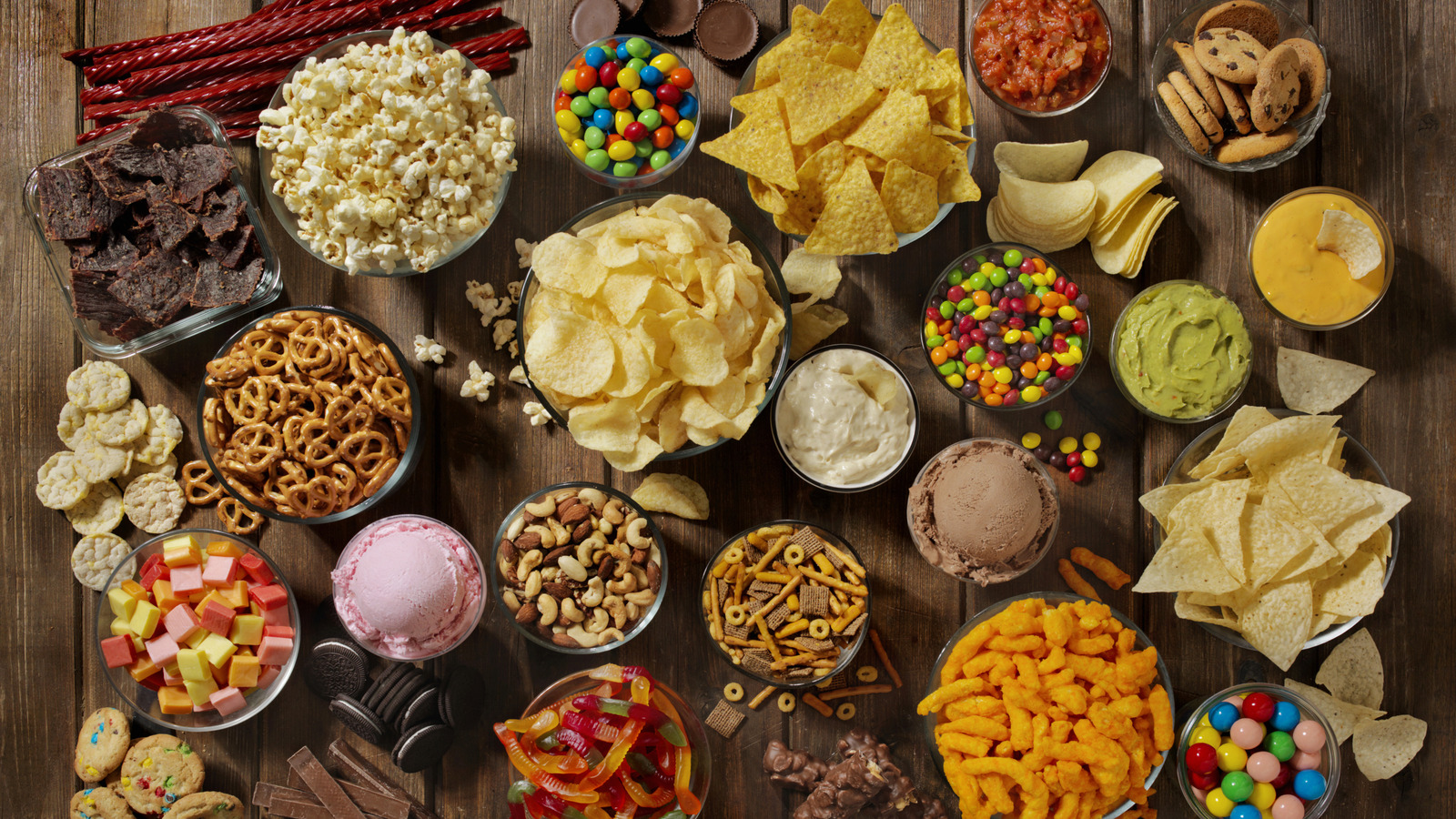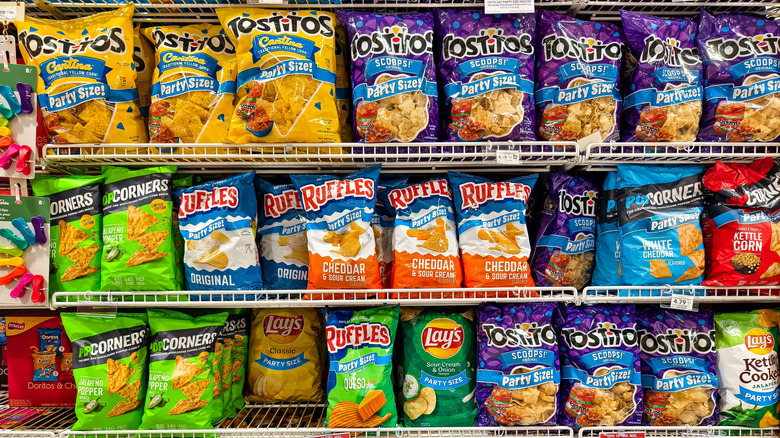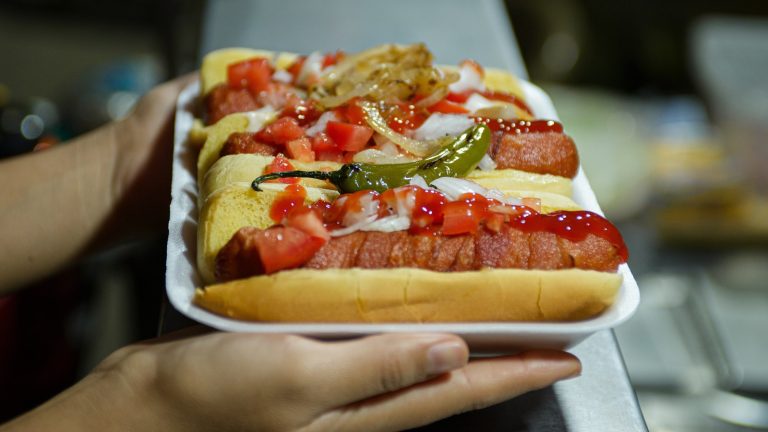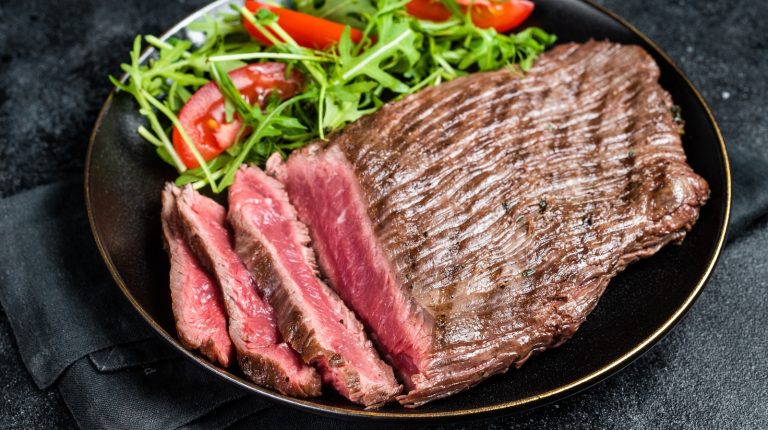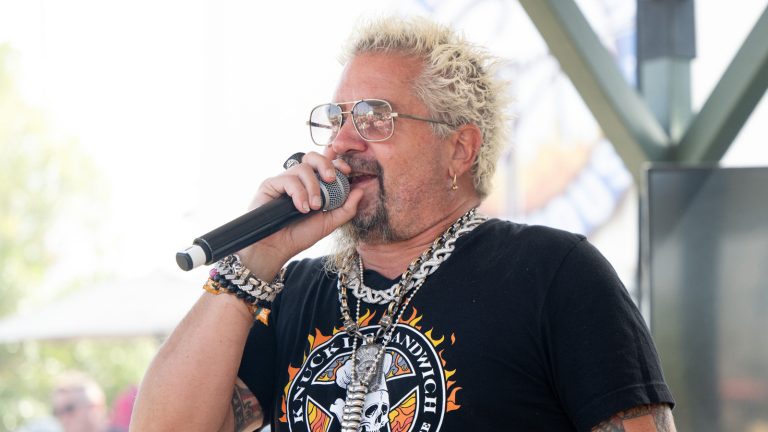If you’re a lover of Doritos, Sour Patch Kids, and dozens of other popular snack foods, your favorite treats might soon carry a shocking warning label in Texas. Secretary of Health and Human Services Robert F. Kennedy Jr. has made targeting additives a key part of his “Make America Healthy Again” initiative to improve America’s food supply, setting off a wave of legislation and government action. The controversial red dye no. 3 was banned in January 2025, and the Food & Drug Administration has started working with food companies on the voluntary removal of other synthetic ingredients and dyes. But some states are taking things even farther, and in Texas, allies of Kennedy are looking to add a warning label to many products that would say they are not recommended for human consumption.
The warning label would be an extraordinary step, not just because of how strong it is but because it is based on regulations from other countries, not the U.S. According to USA Today, the warning label would read “WARNING: This product contains an ingredient that is not recommended for human consumption by the appropriate authority in Australia, Canada, the European Union, or the United Kingdom.” The label would apply to 44 ingredients that have been banned or have warning labels in other countries. If passed, the regulation will affect popular brands like M&Ms, Mountain Dew, Gatorade, and many chips, packaged baked goods, breakfast cereals, and even less snacky foods like frozen dinners and hot dogs.
Texas may warn that foods with some ingredients are not recommended for human consumption
The disparity between American food regulations and other countries, especially in Europe, has long been a sore spot for activists fighting for cleaner food. This is because the U.S. takes a much different, more hands-off approach to regulating food additives and ingredients. In the EU new ingredients are assumed to be unhealthy and must be proven to be safe before they are added to food. In the U.S., it’s the opposite, and new ingredients are assumed to be safe unless proven dangerous through more rigorous scientific testing. This has created a long list of ingredients that are banned in foreign countries that are allowed in the U.S. and is the reason why some American products like Gatorade are banned in certain European countries.
Representatives from the food industry have argued against the pending legislation, arguing that the ingredients lists are considered safe by the FDA and that the regulation will increase costs for consumers. The actual level of danger of many of these ingredients is still a source of contentious debate, but some on the list, like potassium bromate, have been linked with side effects like tumor growth. It’s still unclear whether the law will pass or if Texas Governor Greg Abbott will veto the bill, but with a state as big as Texas considering a bill like this, America could be taking the first steps towards more stringent European-style regulation of food.

